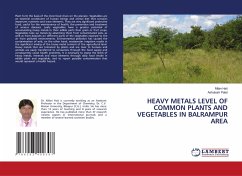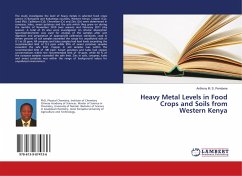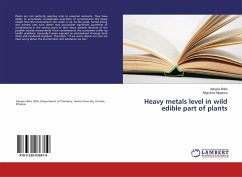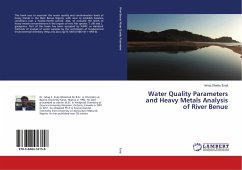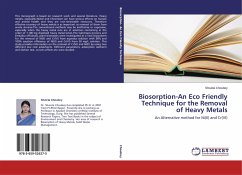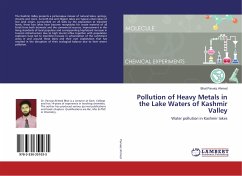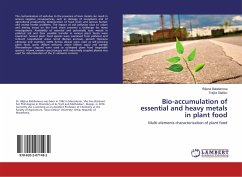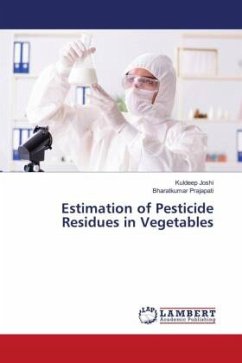Plant form the basis of the most food chain on the planate. Vegetables are an essential constituent of human beings and animal diet that contains important nutrients and trace elements. They are very significant protective food; useful for the maintenance of health, the prevention and treatment of various diseases. Leafy vegetables have a greater potential of accumulating heavy metals in their edible parts than grain or fruit crops. Vegetables take up metals by absorbing them from contaminated soils, as well as from deposits on different parts of the vegetables exposed to the air from polluted environments. Environmental pollution has caused the contamination of soils, on the other hand, wastewater irrigation results in the significant mixing of the heavy metal content of the agricultural land. Heavy metals that are tolerated by plants and are toxic to humans and animals are easily transferred to consumers through the food supply and consequently cause health problems. It is necessary to assess the levels of heavy metals, minerals and trace elements through daily food intake in edible plant and vegetable, and to report possible contamination that would represent a health hazard.
Bitte wählen Sie Ihr Anliegen aus.
Rechnungen
Retourenschein anfordern
Bestellstatus
Storno

